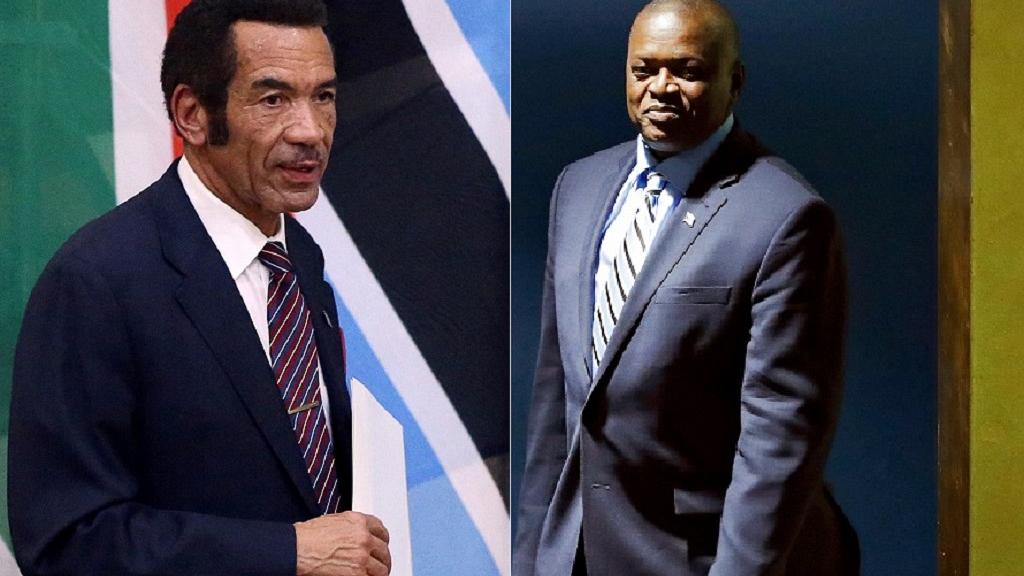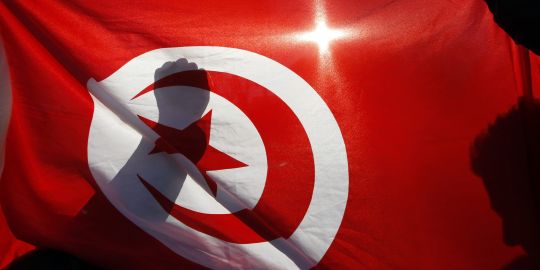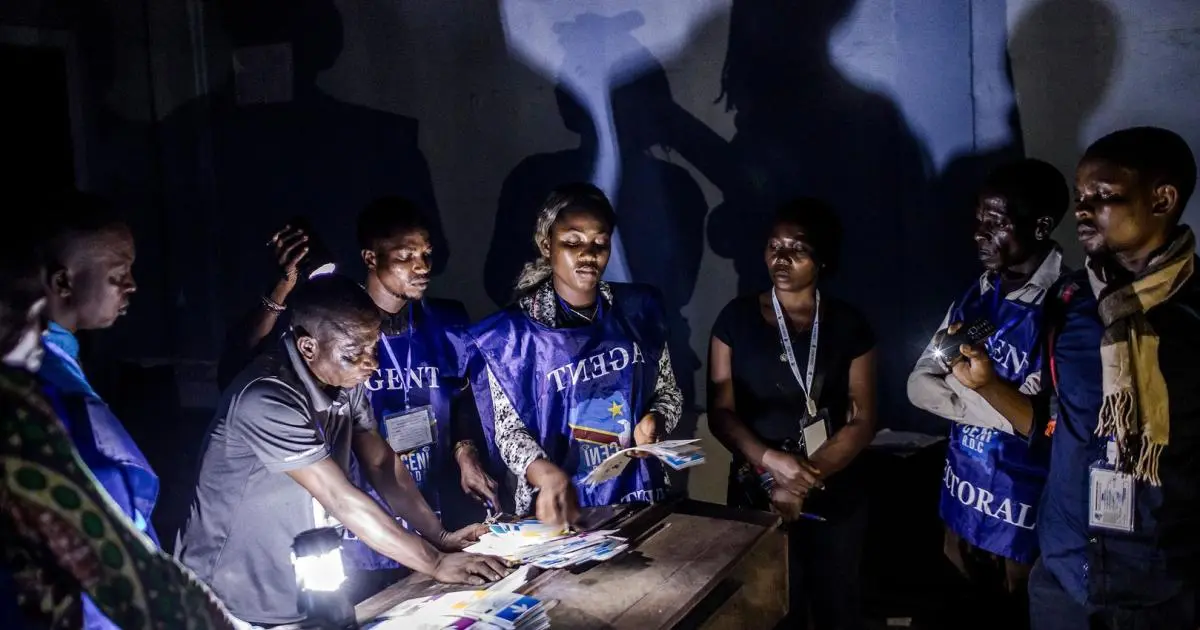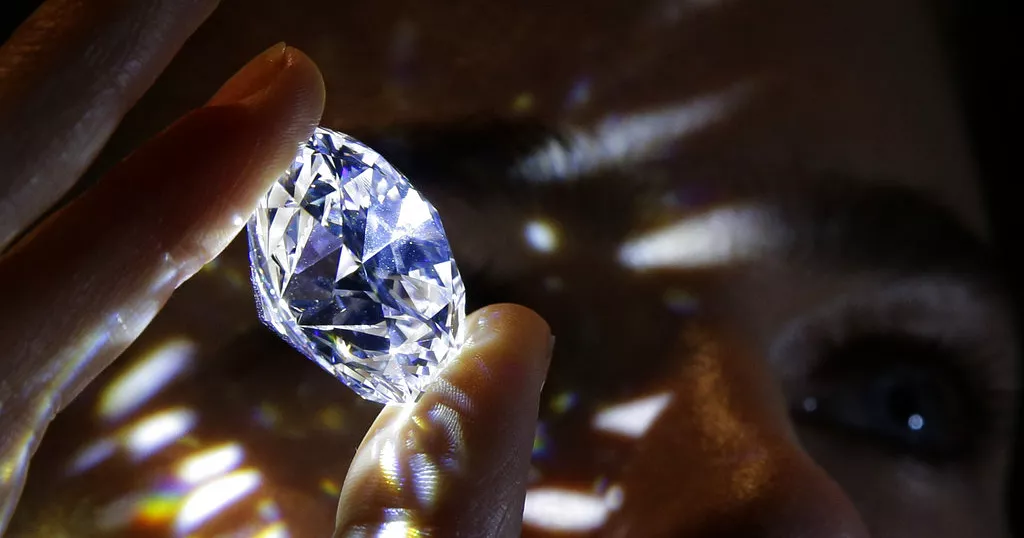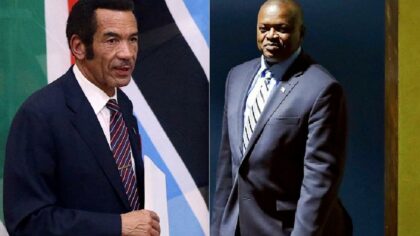 Election campaigns in Botswana close on Tuesday ahead of Wednesday’s presidential, parliamentary and local elections that may unseat the ruling party of over five decades.
Election campaigns in Botswana close on Tuesday ahead of Wednesday’s presidential, parliamentary and local elections that may unseat the ruling party of over five decades.
About one million voters will be choosing members of the national assembly and local authorities.
All eyes will be on the presidency, where incumbent Mokgweetsi Masisi is facing a challenge from three candidates, including one backed by his predecessor, Ian Khama.
Former President Ian Khama is backing the opposition after falling out with his hand-picked successor, President Mokgweetsi Masisi.
The governing Botswana Democratic Party (BDP), which has been in power since independence in 1966, actually faces a tough challenge from an opposition coalition led by lawyer Duma Boko.
The southern African nation’s former president Ian Khama has accused his own successor of endangering the future of Africa’s most established democracy. Mr Khama, son of the diamond-rich country’s first president, said that Mokgweetsi Masisi had stifled dissent ahead of Wednesday’s polls and would threaten Botswana’s status as a beacon of good governance if he won.
The country’s second biggest union, the Botswana Federation of Public Sector Unions (BOFEPUSU) — traditional supporters of the UDC — abstained this year from making any recommendation for the vote.
It said in a press statement that it was taking a neutral stance and not aligning with any political formation. Khama’s support for the UDC could therefore scare off traditional opposition supporters.
To win the presidency, Masisi’s governing Botswana Democratic Party (BDP) must win a parliamentary majority. The Independent Electoral Commission (IEC) sets the majority at 29 out of 57 available seats in the National Assembly.
